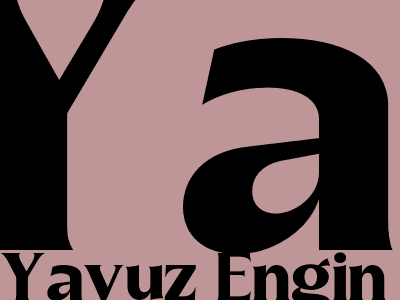
Yavuz Engin: A Literary Giant and Cultural Icon
Early Life and Education
Yavuz Engin, a renowned Turkish novelist, playwright, and poet, was born on June 18, 1945, in Çanakkale, Turkey. His early childhood was spent in modest circumstances, but his passion for literature emerged at a young age.
Engin attended the prestigious Galatasaray High School in Istanbul, where he honed his literary skills and developed a deep appreciation for the arts. He later pursued higher education at Istanbul University, graduating with a degree in Turkish language and literature.
Literary Career
Engin's literary career began in the 1960s when he published his first novel, "Sokaktaki Adam" (The Man in the Street). The novel, which explored themes of urban life and alienation, was a critical and commercial success.
Throughout the 1970s and 1980s, Engin produced a prolific body of work that encompassed novels, plays, and poetry. His works explored diverse themes, including social injustice, political oppression, and the search for identity in a rapidly changing world.
Novels
Engin's novels, such as "Müslüm" (1975) and "Tutkulu Perçem" (1980), are renowned for their realism, psychological depth, and evocative prose. He deftly captured the complexities of human emotions and the struggles of ordinary people in contemporary Turkish society.
Plays
In addition to his novels, Engin also wrote numerous plays, including "Kanlı Nigar" (1977), which became a classic of Turkish theater. His plays often grappled with historical and social issues, exploring themes of violence, oppression, and the human condition.
Poetry
Engin's poetry, like "Yalnızlığın Şarkıları" (1976) and "Aşkın Yazıları" (1996), showcased his lyrical sensitivity and introspective nature. His poems explore themes of love, loss, and the search for meaning in life.
Cultural Icon
Beyond his literary achievements, Engin also emerged as a cultural icon in Turkey. He actively participated in public debates on social and political issues, using his platform to advocate for justice, equality, and freedom of expression.
Engin's unwavering commitment to social consciousness earned him widespread respect and admiration, and his influence extended far beyond the literary realm into the broader cultural and political landscape of Turkey.
Recognition and Awards
Engin's exceptional literary talent and cultural impact have been recognized with numerous prestigious awards, including the Orhan Kemal Novel Prize, the Yunus Emre Poetry Award, and the Sedat Simavi Literature Award.
In 2019, he was honored with the Presidential Culture and Arts Grand Award, the highest artistic honor bestowed by the Turkish government, in recognition of his extraordinary contributions to Turkish literature and culture.
Legacy
Yavuz Engin's legacy as a literary giant and cultural icon continues to inspire generations of readers, writers, and artists. His works have left an indelible mark on Turkish literature and society,
Through his insightful explorations of the human condition and his unwavering commitment to social justice, Engin has become a timeless and cherished figure in Turkish cultural history.